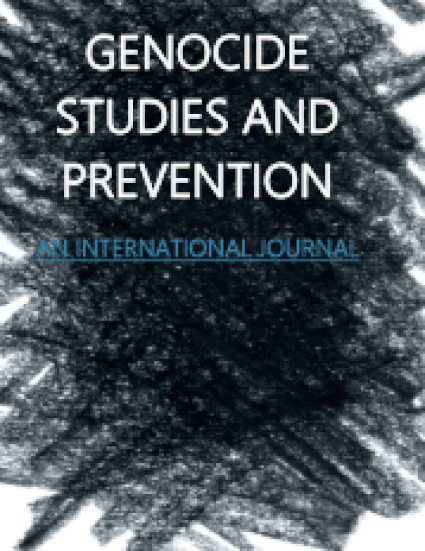
Genocide scholars have always argued over the best definition of genocide. However, recent genocide studies have begun to emphasize both the ‘contestable’ nature of genocide and, paradoxically, call for clear or rigid definitions of the term. This article evaluates this tension by examining the act of defining genocide as a type of epistemological practice. Placing the act of definition in the context of a complex socio-linguistic system, the article shows how genocide discourse is subject to a variety of demands and pressures. These pressures, internal to genocide discourse, inadvertently promote restrictive and paradoxical formulations of the concept. To illustrate this point, the article turns to Gregory Bateson’s theory of the ‘double bind’ to show how contemporary discourses on genocide inadvertently restrict conceptual and theoretical innovation. These restrictions have serious implications for how we think, study, and respond to genocide.
http://doi.org/10.5038/1911-9933.11.2.1391
Available at: http://works.bepress.com/benjamin-meiches/5/
